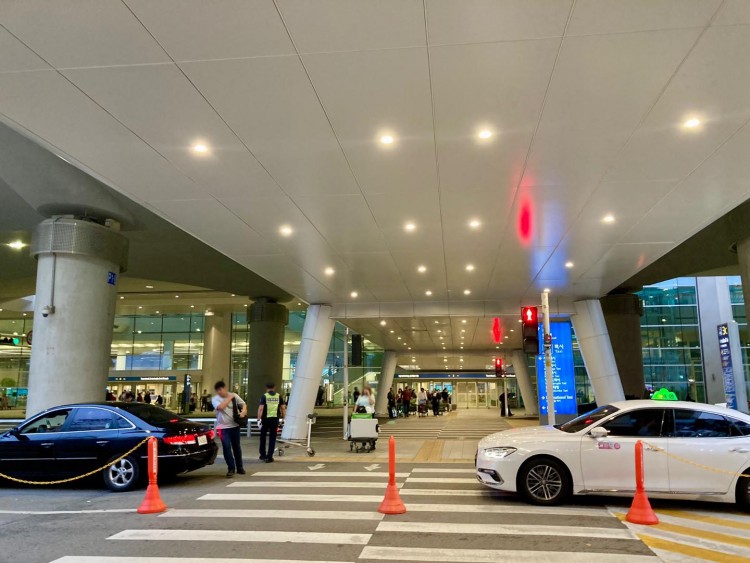South Korea Condemns Treatment of Korean Workers After Georgia Plant Raid

South Korea has sharply criticized the treatment of its nationals following last week's U.S. immigration raid at Hyundai and LG's $7.6 billion battery plant in Georgia, where hundreds of Korean engineers were detained and later sent home.
Labor Minister Ahn Kyung-deok described the conditions faced by some of the detained workers as "shocking," citing reports that they were denied access to interpreters and placed in holding facilities for extended hours. "Our citizens were treated in a way that disregards basic rights," he said in a press briefing in Seoul.
In the wake of the incident, Seoul and Washington have agreed to establish a joint working group to review visa procedures for industrial project staff. Officials confirmed that a dedicated "visa desk" will be set up to streamline applications and reduce the risk of misclassification. The move comes after revelations that some of the workers held valid visas yet were still detained during the raid.
Reports in Korean outlets pointed to heated reactions, with commentators and online users pressing officials to guarantee better protection for workers sent abroad. Opposition lawmakers pressed the administration to ensure that future bilateral investment projects include binding guarantees on worker status.
U.S. officials have defended the enforcement action, saying it targeted procedural violations, but acknowledged that communication lapses may have worsened the situation. Local chambers of commerce in Georgia, however, warned that aggressive raids risk undermining confidence among foreign investors who contribute to regional economies.
The controversy comes at a sensitive moment for U.S.-Korea economic cooperation, as billions of dollars in Korean investment flow into American battery, semiconductor, and auto projects. Observers say the way Washington and Seoul handle the issue could set the tone for the next phase of the partnership.



